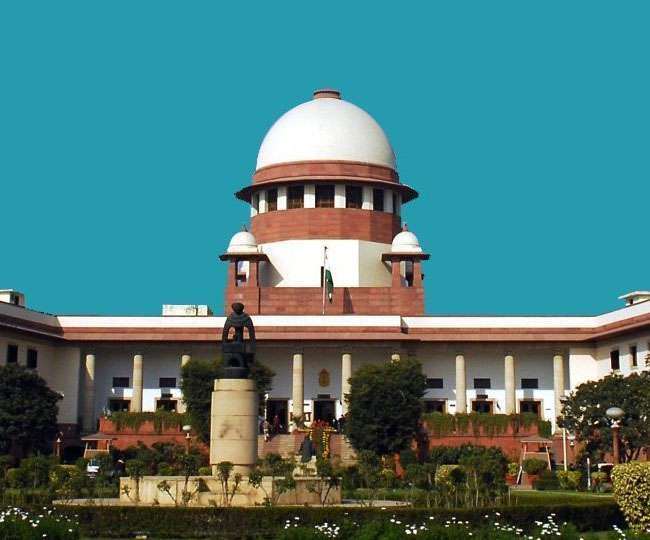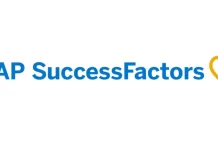The Supreme Court (SC) has ordered the central government to quickly set the hospital treatment costs that patients must pay within the next six weeks, which could hasten the adoption of “cashless” health insurance throughout the nation.
It is currently challenging to establish the nation’s cashless health insurance system since different hospitals have varying treatment costs. A two-judge division bench of the Supreme Court stated during the hearing of a public interest litigation (PIL) filed by an NGO, “We, direct the Secretary, Department of Health, Union of India to hold a meeting with his counterparts in the State Governments/Union Territories and come with a concrete proposal by the next date of hearing (in the next six weeks)”.
The general insurance sector, whose health portfolio nearly accounts for Rs 1 lakh crore of premiums, is currently closely observing the development and anticipates a favourable resolution regarding hospital costs. The industry is having problems because hospitals are not adopting standardised rates for offering comparable treatments nationwide. This is affecting the recently launched ‘Cashless Everywhere’ scheme, which allows policyholders to receive treatment from any hospital in the nation, not just those affiliated with the insurer.
A bench of Justices B.R. Gavai and Sandeep Mehta decided last week that “we will consider issuing appropriate directions in this regard, in the event the central government does not come out with a concrete proposal by the next date of hearing.”
The Veterans Forum for Transparency in Public Life, an NGO, filed a PIL with the bench through its general secretary, Wing Commander (Retd) Bishwanath Prasad Singh. The organisation asked the Supreme Court to rule on the amount of money that hospitals across the nation can charge patients under Rule 9 of the Clinical Establishment (Central Government) Rules, 2012.
The NGO claimed that the Central Government had announced the rates that apply to hospitals that are affiliated with the Central Government Health Scheme (CGHS) and that, in the interim, the Central Government may continue to announce the rates as long as a solution is not found.
The NGO gave an example of how cataract surgery can cost anywhere between Rs 30,000 and Rs 140,000 per eye in a private hospital, while government hospitals charge as much as Rs 10,000 per eye.
According to the government’s attorney before the SC, the Clinical Establishments (Registration and Regulation) Act, 2010’s regulations have been ratified by 12 State Governments and 7 Union Territories. Because of Rule 9 of the Rules, of 2012, the central government is not allowed to set rates until after receiving feedback from the State Governments and Union Territories.
The government counsel went on to say that despite numerous letters being sent to the Union Territories and State Governments, no one responded, making it impossible to notify the rates.
The bench declared, “The Union of India cannot avoid its responsibility by simply claiming that correspondence has been sent to the State Governments/Union Territories and they are not responding.”
“We have always maintained that we need to charge an appropriate cost for customers, whether it’s at the time of taking out a policy or bearing certain expenses at the time of a claim,” said Tapan Singhel, Chairman of the General Insurance (GI) Council. The Apex Court’s request that the Centre decide on standard hospital rates is very encouraging. We believe that this will eventually help our citizens, for whom access to quality healthcare is a fundamental right, along with “Cashless Everywhere.”
The General Insurance Council recently unveiled the Cashless Everywhere initiative; however, the Indian Medical Association (IMA) and the Hospital Board of India have warned hospitals not to accept it in its current form due to possible risks.
With the implementation of the new system, over 40,000 hospitals nationwide are now able to provide cashless services to the nation’s over 30 crore health insurance policyholders.
































